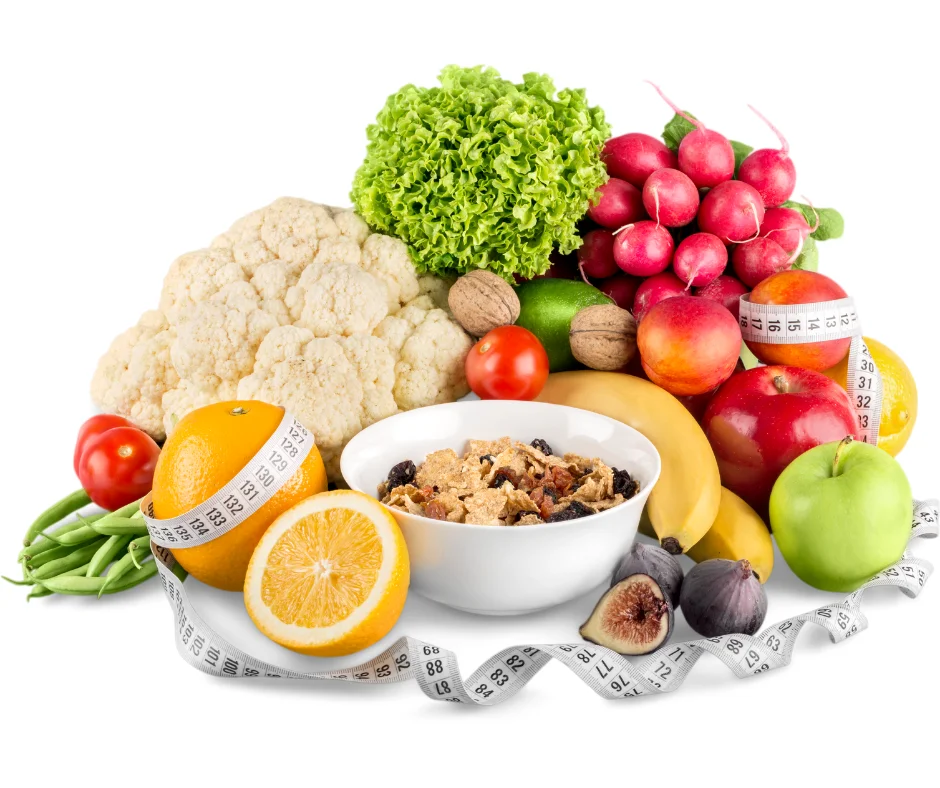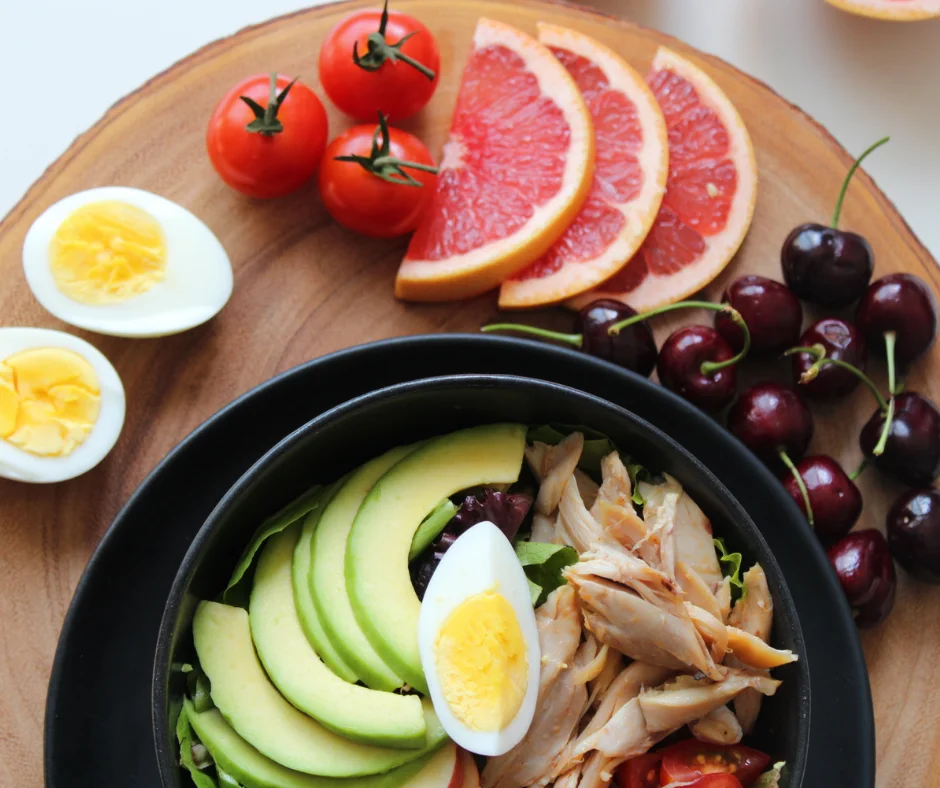For every living organism food is very important to stay strong, healthy and alive but before discussing the importance of food let’s quickly define food.
What Is Food?

Food is referred to as any substance that contains all the essential nutrients like protein, carbohydrate, minerals, vitamins and fats that living organisms need to grow and get the energy to carry out all the important activities like movement, excretion of waste products and others. Food comes in various forms and both plants and animals have special organs that help them to absorb nutrients from the food they eat. Every living organism has different nutrient requirements in its body to function effectively. Based on the food source of every living organism there are four categories which are herbivorous, carnivorous, omnivorous and decomposers. The majority of plants produce their food through a process known as photosynthesis by using water from the soil, carbon dioxide and sunlight.
Importance of Food for Living Organisms
Herbivorous: organisms in this category are those that feed only on plants for their essential nutrients, examples include horses, sheep and goats.
Carnivorous: these are living organisms that feed on other animals for their survival e.g lions, wolves and tigers.
Omnivorous: a living organism that feeds on both plants and animals, humans are under this category and other animals like hedgehogs, pigs and sloths.
Decomposers: these are living organisms that feed on rotten plants and animals for instance earthworms and fungi.
Living organisms have to undergo different life processes such as blood circulation, respiration, excretion, nutrient, reproduction and movement. For living to perform all these processes they need nutrients and energy which are mostly supplied through food intake. The sustenance and survival of every living organism depend on what they feed on.
Why Should A Meal Have Different Food Items
The main source of nutrients and energy in every living organism is food. For the proper functioning of the human body, there is a need for different types of nutrients. A single type of food component does not contain all the nutrients our body needs to function effectively. Eating different varieties of food components helps provide all the important nutrients that are needed in the body. Proteins, carbohydrates, minerals, vitamins, fibres, water and fats are the essential nutrients that should be in food.
Examples of Energy Giving Food
Here Are some examples of energy giving food:
Protein
Protein is referred to as the bodybuilding food component because it helps the body in building and repairing body cells and tissue. It can be extracted from plants as well as animal sources. Sources of animal protein include lean meat such as beef, fish or pork and cheese and sources of plant protein are peanuts, chickpeas and lentils. Protein is an important component of every meal and the amount required by an individual depends on age and sex.
Carbohydrate
Carbohydrates are the main source of energy in the body and are derived from energy giving foods that are mainly from plant products such as maize, wheat, rice, potatoes and fruits. It can also be found in dairy products called lactose which is from milk sugar. Carbohydrates mainly contain large amounts of starch.
Minerals
Minerals help our body to develop and function effectively. It is an essential food component that is needed for good health. Minerals are metals, non-metals as well as salts that are mined from the earth. The important minerals that our body need include:
Calcium: it is a mineral that can be found in different foods and most calcium if not all are stored in bones and teeth which help to keep and make them strong.
Iodine: is a mineral that is needed in the body to produce thyroid hormones. These hormones help in controlling body metabolism and other functions in the body. Iodine is very important during infancy and pregnancy as it helps with the development of bone and brain.
Phosphorus: it is an important mineral that helps to keep the bone healthy. It also helps muscles and blood vessels to keep working. Phosphorus can easily be found in protein-rich food.
Iron: it is a mineral that helps with the normal function of the body as well as cells development and growth.
Vitamins
Vitamins are organic substances that the body needs in small amounts for health and growth and are in charge of the maintenance and growth of the body. Vitamins are usually referred to as essential nutrients in the body. The important vitamins are A, C, D, E, K and B-complex. The body only produces vitamin K and D while other vitamins are derived from food intake.
Fats
Fats help with the absorbing, storing and transportation of vitamins in the body. Fats also help to moisturize the skin and distribute energy to different parts of the body. Examples of fats include milk, cooking oil and eggs.
Water
Every living thing needs water to survive, just imagine life without water. The human body is made up of about 50 to 70% of water and there is a need to always maintain this amount in the body. Water helps to regulate body temperature and is the only medium in the body through which nutrients, other waste and vitamins can be transported.
Why Is Food Essential For Us?
Food is important for our body to effectively function and operate. The following are the importance of food for living organisms :
Provides Energy: Eating food helps provide the energy needed to do all that you are required to do.
It helps with growth and development: Food that comprises all the essential nutrients will help the body to grow and develop well.
Helps with the replacement of worn-out parts in the body: food that is rich in protein will help with the replacement of worn-out cells and tissues in the body.
Protection from infections and diseases: eating healthy and balanced diet food with the essential nutrients will help protect you from disease and infections.
What Do you Understand by Proper Food
The term proper food is referred to as food that contains all the essential nutrients that the body needs for growth, development and functioning.
Conclusion
The importance of food for living organisms cannot be overemphasized. But there is a need to eat a well-balanced diet and maintain a healthy eating habits.
